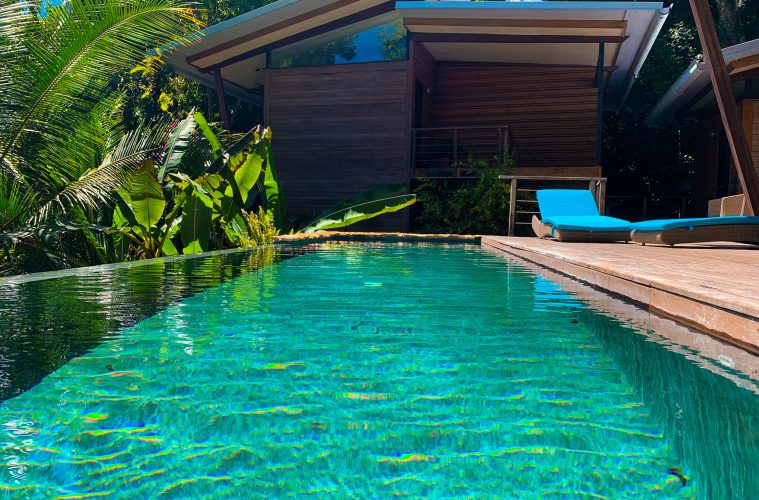Think about the last time you visited a resort area. How long did you stay? More importantly, where did you stay?
Currently, most resort towns offer a fairly limited choice when it comes to accommodations. The available options cater to people who will spend top dollar for a few nights or perhaps a week while on vacation, but who will not stay for much longer; or to folks who are there for several months, working and/or playing, but in much less luxurious digs.
If you’re going to Aspen for the season, making the Hamptons your home base, or spending your spring in Palm Springs, where can you hang your hat?
The Trouble with Traditional Accommodations
Hotels are perhaps the first type of lodging to come to mind. However, a long-term hotel stay can be unnecessarily pricey. (Just because your budget is a bit bigger than most people’s doesn’t mean you want to waste your money!)
You also can’t do a lot of actual living in them. A hotel room simply isn’t conducive to ordinary activities like cooking, working out in privacy, or entertaining — no matter how easy and shabby-chic Alexis Rose makes it look!
Corporate suites solve these problems, with a space that’s more akin to a studio or one-bedroom apartment. Yet corporate suites are impersonal, bland, and downright boring. No one in their right mind would want to relax in one, let alone host an apres-ski fondue party or even a casual cocktail hour.
What about Airbnb rentals? While they can certainly be homey, it’s a gamble as to whether or not the renter’s style will be anything even close to yours. And the odds of finding a place that you can stay in for long periods are pretty slim — even if you don’t mind bunking down in someone’s spare room. (Or worse yet, bumping into a stranger at all hours of the day and night.)
On the other end of the spectrum, you could purchase a condominium or sign a year’s lease on a luxury apartment. But why do that if you’re going to be living elsewhere for most of the year?
Mixed-Use Resort Development
Enter mixed-use properties. The development of these properties is both a reaction to the inadequate status quo, and a way forward that will shape how people live, work, and play. In a mixed-use property, there are both short- and long-term rental spaces as well as for-sale condominiums.
Take, for example, One Lakeside Place in Coeur d’Alene, Idaho. Developed by Austin Lawrence Partners, with architectural and design services provided by Denver architecture firm OZ, this mixed-use mid-rise property will offer all three types of residential spaces: apartments that are rented for the standard one-year period, with some units to be leased out as short-term rentals (from one to 30 days). Still other units can be purchased outright for residential living, but without the hassle and HOA fees that are typically associated with condominium ownership.
Explains Rebecca Stone, Principal at OZ: “[a] menities include a rooftop pool and deck with unobstructed views over Lake Coeur d’Alene…the rooftop, as well as a lounge, club room and fitness center, will be available to renters and owners alike.”
A New Way to Stay and Play
Properties such as One Lakeside Place differ from traditional mixed-use properties that combine residential, retail, and commercial spaces in one building united in design. However, that doesn’t mean that multi-mixed-use spaces (for lack of a better term) can’t also flourish. In fact, experts in the fields of urban planning, design, and architecture say that more important than the purpose(s) of a building — whether it’s a new build or a retrofit — are characteristics such as sustainability and state-of-the-art technology.
In the luxury and resort market, commercial or professional properties aren’t as much a consideration as in straightforward urban planning. Instead, consumers in that sector are most interested in properties that includes smart tech, green building materials, high-end amenities, luxury retail opportunities, top-notch concierge service, and the flexibility of staying for a week, a month, a year, or a lifetime.
Where do you like to stay when you visit a resort area? Would you rather opt for a hotel ortake your chances on an Airbnb rental? What’s the factor you consider most important when choosing accommodations? Start a conversation in the comment section below and let us know where you stand!

